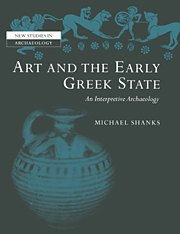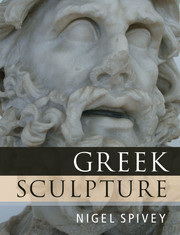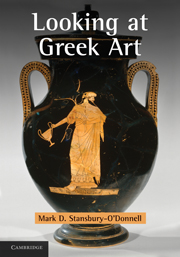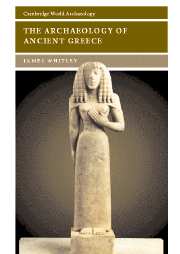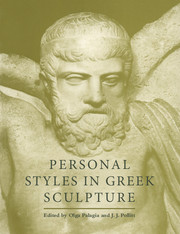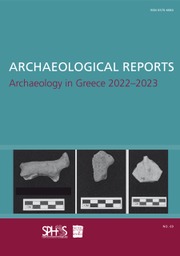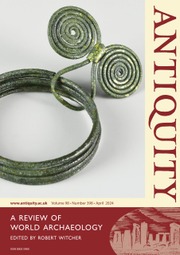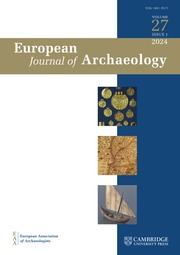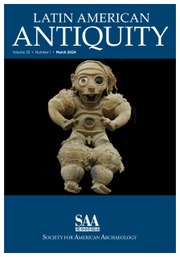Art and the Early Greek State
Widely known as an innovative figure in contemporary archaeology, Michael Shanks has written a challenging contribution to recent debates on the emergence of the Greek city states in the first millennium BC. He interprets the art and archaeological remains of Korinth to elicit connections between new urban environments, foreign trade, warfare, and the ideology of male sovereignty. Adopting an interdisciplinary perspective, which draws on an anthropologically informed archaeology, ancient history, art history, material culture studies and structural approaches to the classics, his book raises large questions about the links between design and manufacture, political and social structure, and culture and ideology in the ancient Greek world.
- Interdisciplinary work, cross-cutting classical studies, ancient history, anthropological archaeology, art history, material culture studies
- An exemplary case study in postprocessual or interpretive archaeology, the latest in archaeological thinking
- Of interest for its method and approach as well as for a fresh look at the ancient city state
Reviews & endorsements
'Shanks's is a fascinating book which … is produced to the extremely high standard that we have come to expect from this series … it fascinates precisely because of the rich detailed data of which it gives glimpses.' Journal of Hellenic Studies
'I expect the book to be useful to those pursuing research in a range of humanities disciplines …'. The Journal of Classics Teaching
Product details
March 2004Paperback
9780521602853
256 pages
246 × 189 × 14 mm
0.46kg
8 b/w illus. 10 tables
Available
Table of Contents
- Introduction
- 1. The design of archaic Korinth: the question of a beginning and an interpretive archaeology
- 2. Craft production in the early city state: some historical and material contexts
- 3. Early archaic Korinth: design and style
- 4. Consumption: perfume and violence in a Sicilian cemetery
- 5. Trade and the consumption of travel
- 6. Art, design and the constitutive imagination in the early city state.

